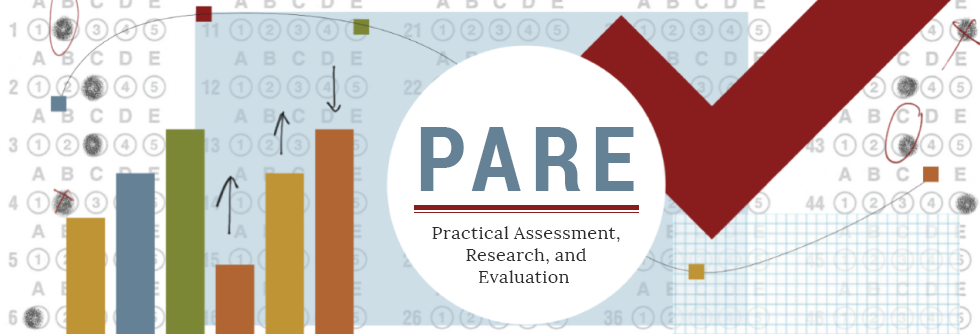Multiple Constructs and the Effects of Accommodations on Standardized Test Scores for Students with Disabilities
- Stephanie W. Cawthon
- Eching Ho
- Puja G. Patel
- Deborah C. Potvin
- Katherine M. Trundt
Abstract
Students with disabilities frequently use accommodations to participate in large-scale, standardized assessments. Accommodations can include changes to the administration of the test, such as extended time, changes to the test items, such as read aloud, or changes to the student’s response, such as the use of a scribe. Some accommodations or modifications risk changing the difficulty of the test items or decreasing the validity of how test scores are interpreted. Questions regarding the validity of accommodated tests are heightened when scores are used in high-stakes decisions such as grade promotion, graduation, teacher merit pay, or other accountability initiatives. The purpose of this article is to review existing literature on multiple constructs that affect validity of interpretations of accommodated assessment scores. Research on assessment accommodations continues to grow but offers few conclusive findings on whether they facilitate fair and accurate measurement of student knowledge and skill. The validity of an accommodated score appears to vary depending on several factors such as student characteristics, test characteristics, and the accommodations themselves. A multiple construct approach may facilitate more accurate evaluations of the effects of accommodated test scores Accessed 12,923 times on https://pareonline.net from October 19, 2009 to December 31, 2019. For downloads from January 1, 2020 forward, please click on the PlumX Metrics link to the right.
Keywords: Student Evaluation
How to Cite:
Cawthon, S. W., Ho, E., Patel, P. G., Potvin, D. C. & Trundt, K. M., (2009) “Multiple Constructs and the Effects of Accommodations on Standardized Test Scores for Students with Disabilities”, Practical Assessment, Research, and Evaluation 14(1): 18. doi: https://doi.org/10.7275/ktkv-3279
Downloads:
Download PDF
View PDF
1144 Views
184 Downloads
